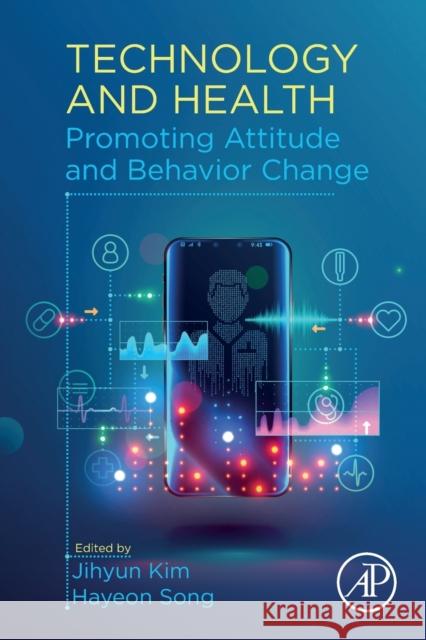Technology and Health: Promoting Attitude and Behavior Change » książka
topmenu
Technology and Health: Promoting Attitude and Behavior Change
ISBN-13: 9780128169582 / Angielski / Miękka / 2020 / 432 str.
Kategorie:
Kategorie BISAC:
Wydawca:
Academic Press
Język:
Angielski
ISBN-13:
9780128169582
Rok wydania:
2020
Ilość stron:
432
Waga:
7.64 kg
Wymiary:
22.86 x 15.24 x 2.21
Oprawa:
Miękka
Wolumenów:
01
Dodatkowe informacje:
Bibliografia











